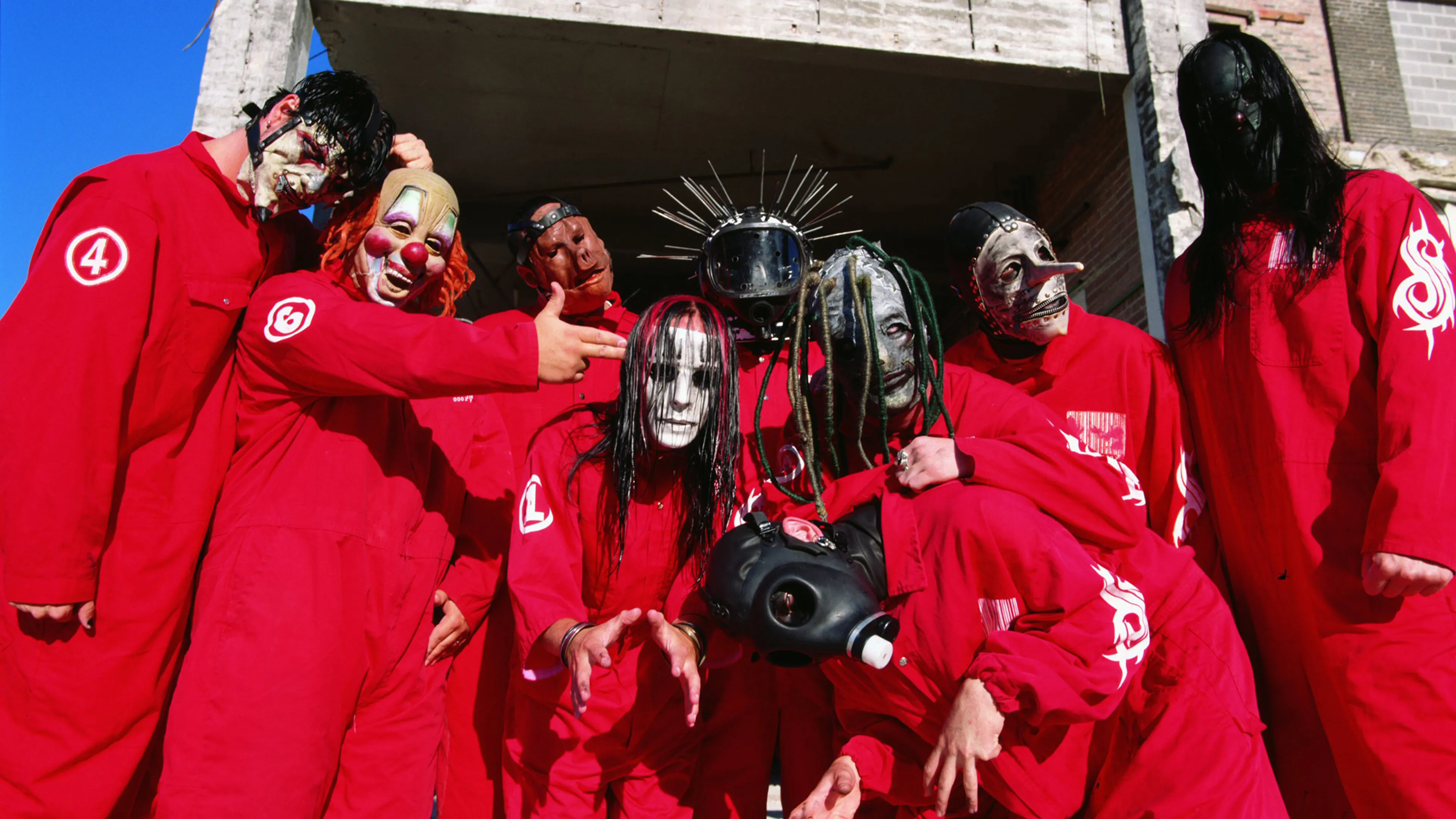1999 was a big year for music, especially if you were a fan of binary, down-tuned riffs, semi-rapped vocals, pronged beards, wallet chains and supremely baggy trousers. As the dawning of the new millennium approached, nu-metal wasn’t the only game in town. Blink-182 released their breakthrough album Enema Of The State, the Foo Fighters were busy learning to fly and Ricky Martin was livin' la vida loca. What? Come on, that bassline…
The biggest noise on the block, though, was undoubtedly nu-metal. Originators Korn were the undisputed kings of the scene but young upstarts like Slipknot and System Of A Down were waiting in the wings, as well as… shall we be kind and call them ‘bands of an era-limited appeal’?
Here’s a look at the nu-metal class of ’99, then and now. Because we all want to know what became of that bloke out of Powerman 5000, right?
